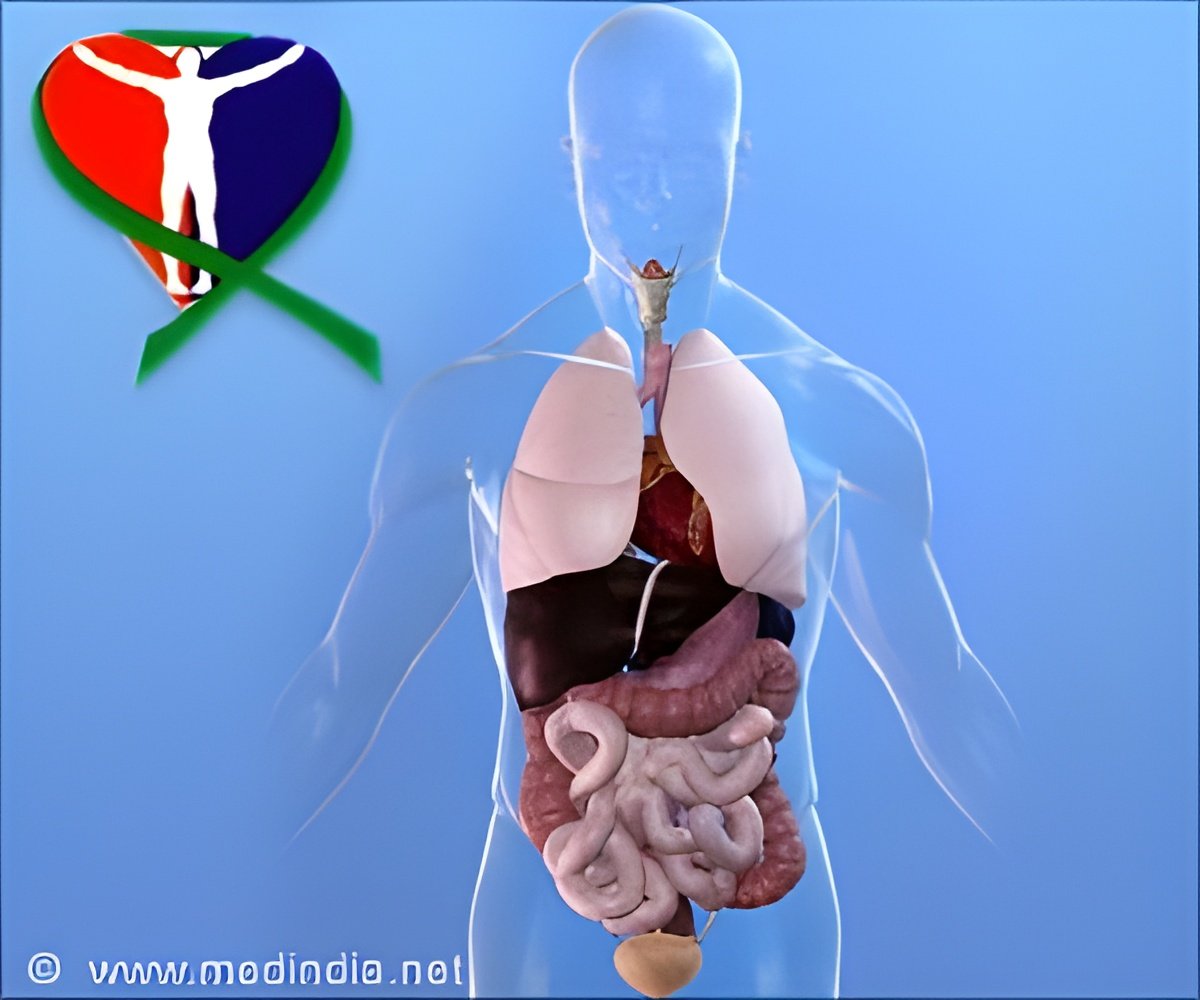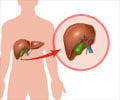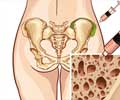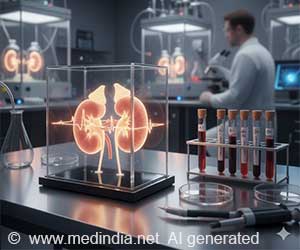Researchers claim to have developed a new mathematical model that can improve the success rate of organ transplants.

They created a mathematical algorithm that would indicate for each person - using their genetics, size, age, current medication and time since the transplant - what should be their immuno-suppressive drug dosage.
The process works towards understanding type of proteins in charge of metabolising the drugs (enzymes) for each patient who underwent organ transplant, thus establishing the exact dose of the immuno-suppressive drugs.
"This method is not only capable of giving an effective certainty at the moment of establishing the treatment but also save time and decrease rejection - increasing the quality of life, allowing the survival of more patients and optimising the health system," said Gilberto Castañeda Hernández from the department of Pharmacology at the Centre of Research and Advanced Studies of the National Polytechnic Institute (Cinvestav) in Mexico.
Currently, the quantity of drug to be administered is determined by trial and error. However, this process takes long and gives rise to complications that are translated into an acute rejection, said the study.
This would open "a new window of opportunity for kids, making it possible to determine the immuno-suppressive treatment correctly. Since children have a special metabolism, applying the analysis tools would bring better results", said the study that appeared in Science Daily.
 MEDINDIA
MEDINDIA



 Email
Email




